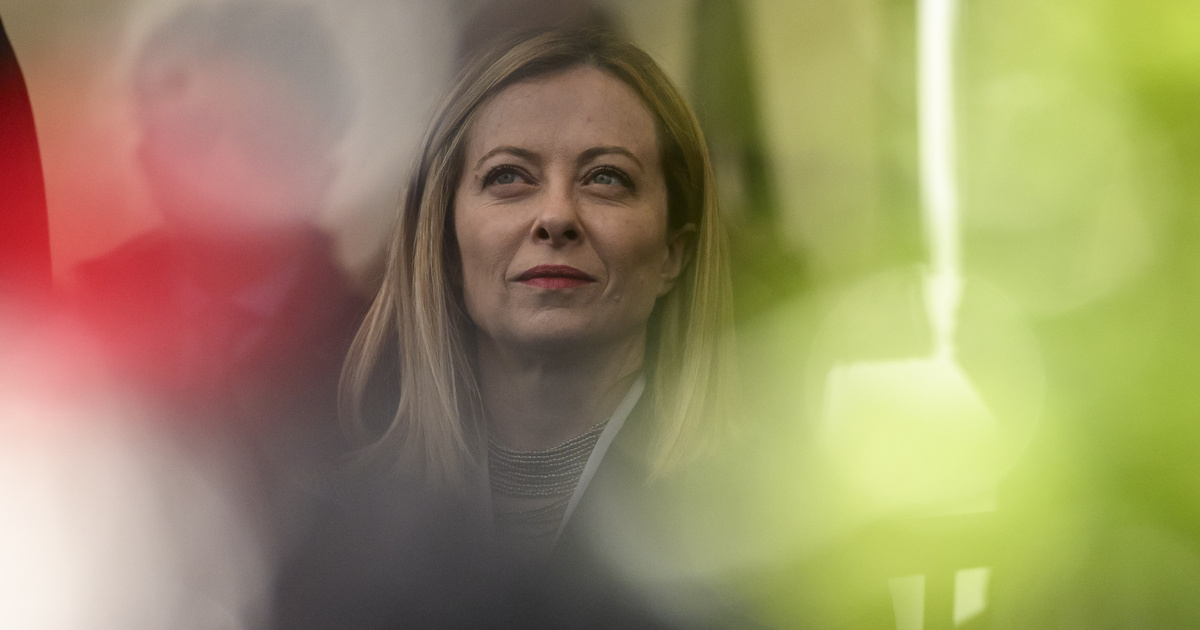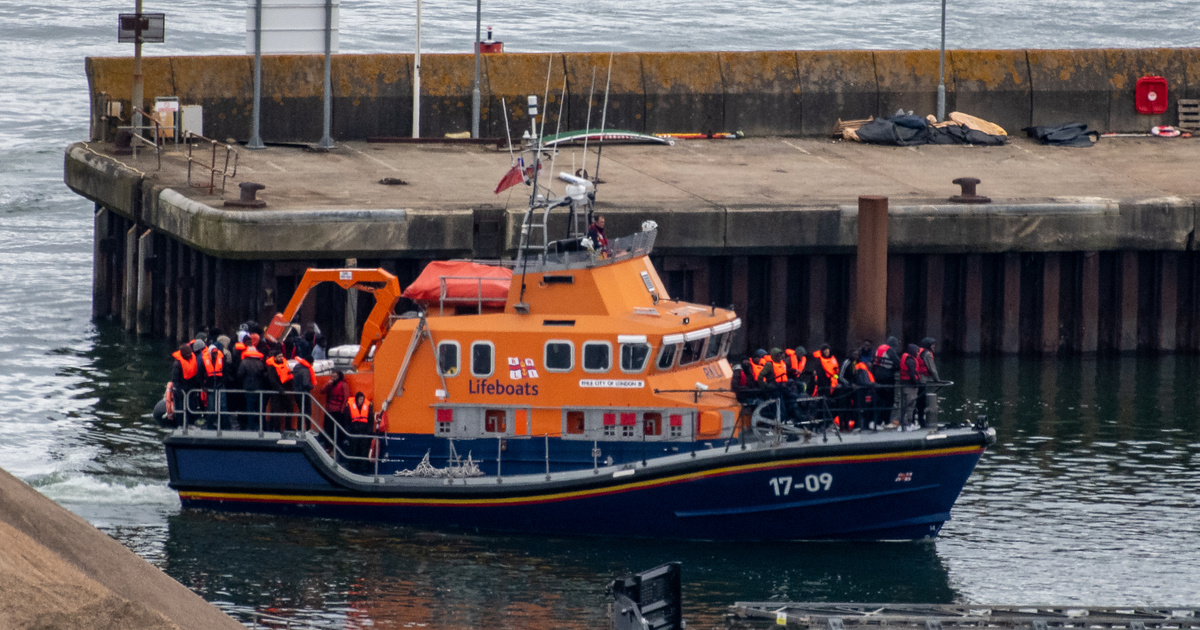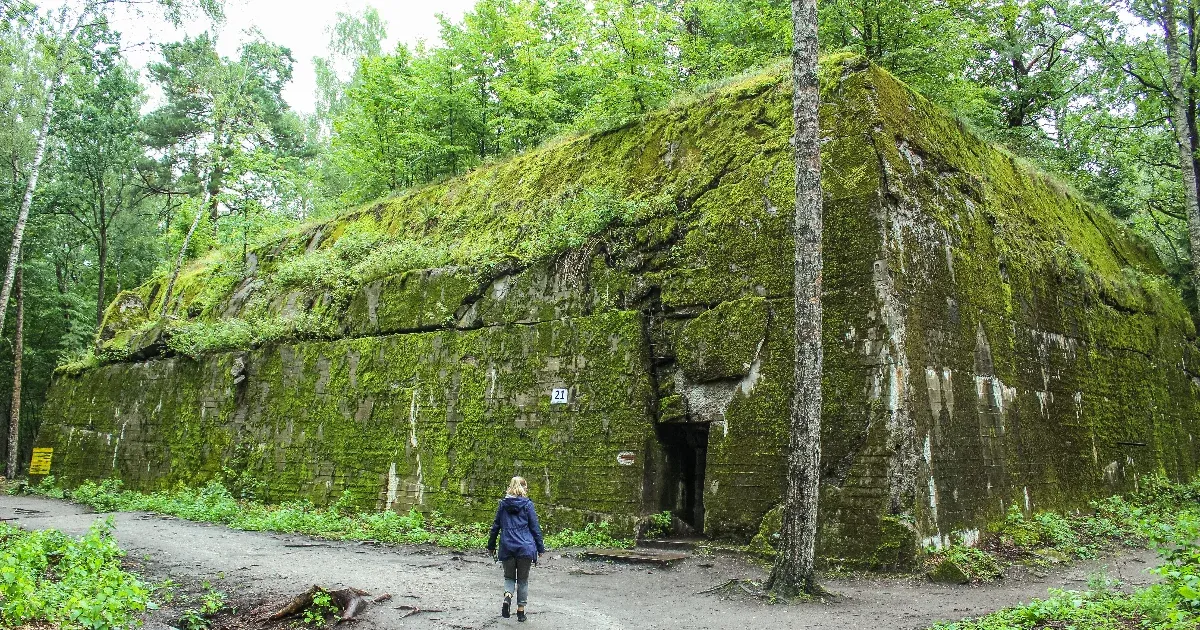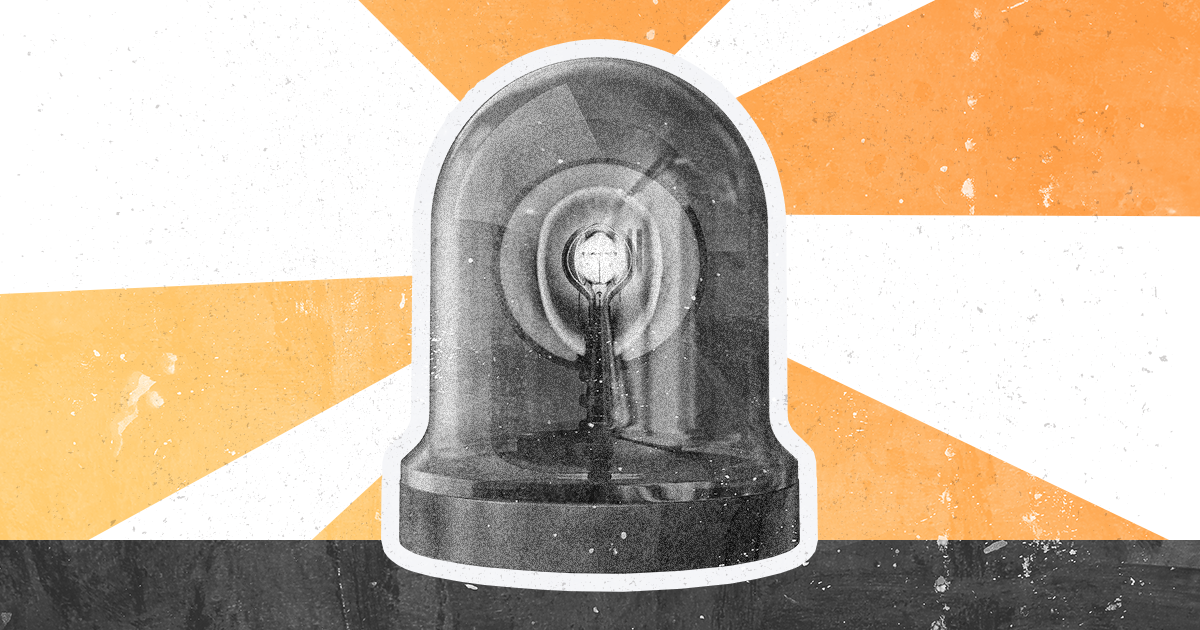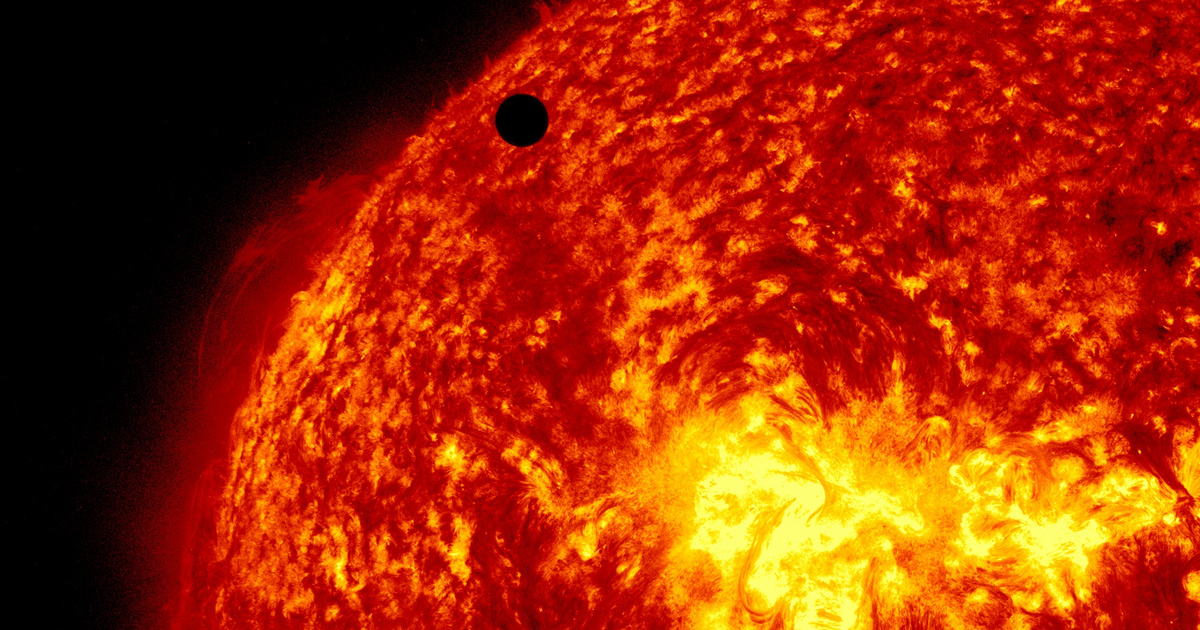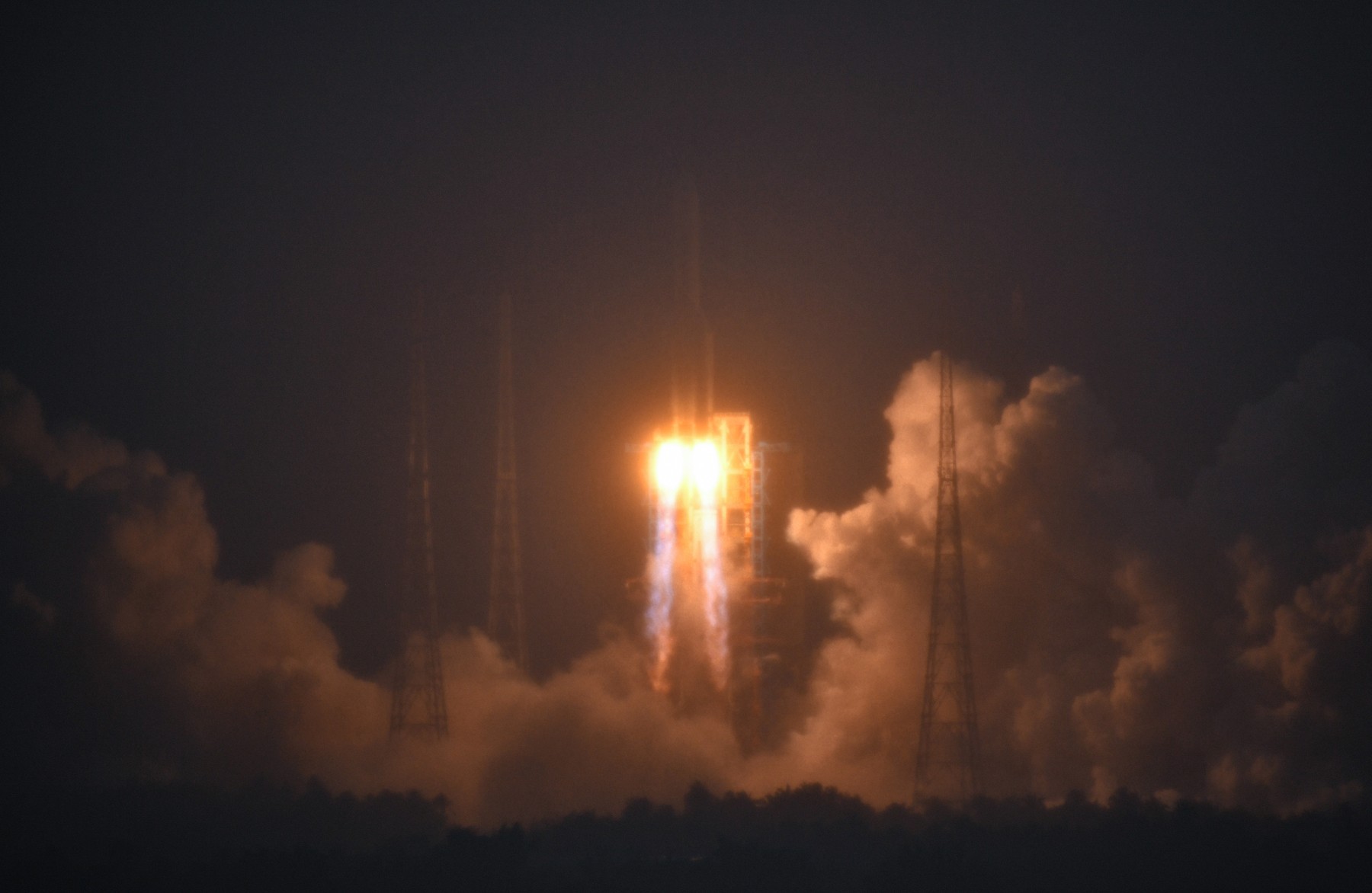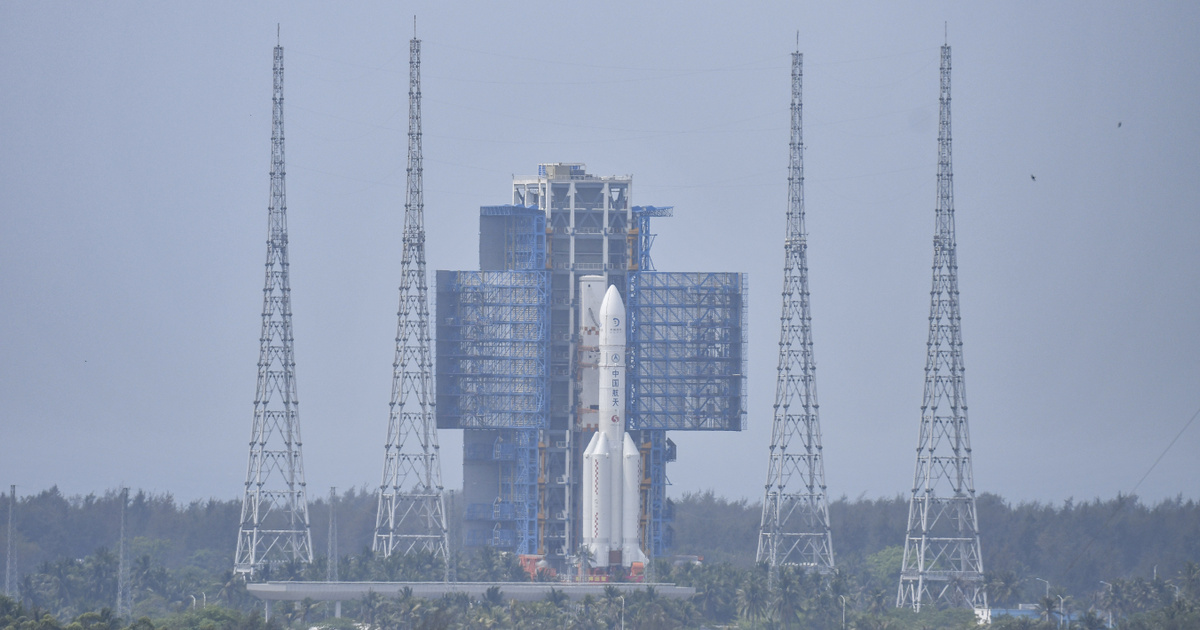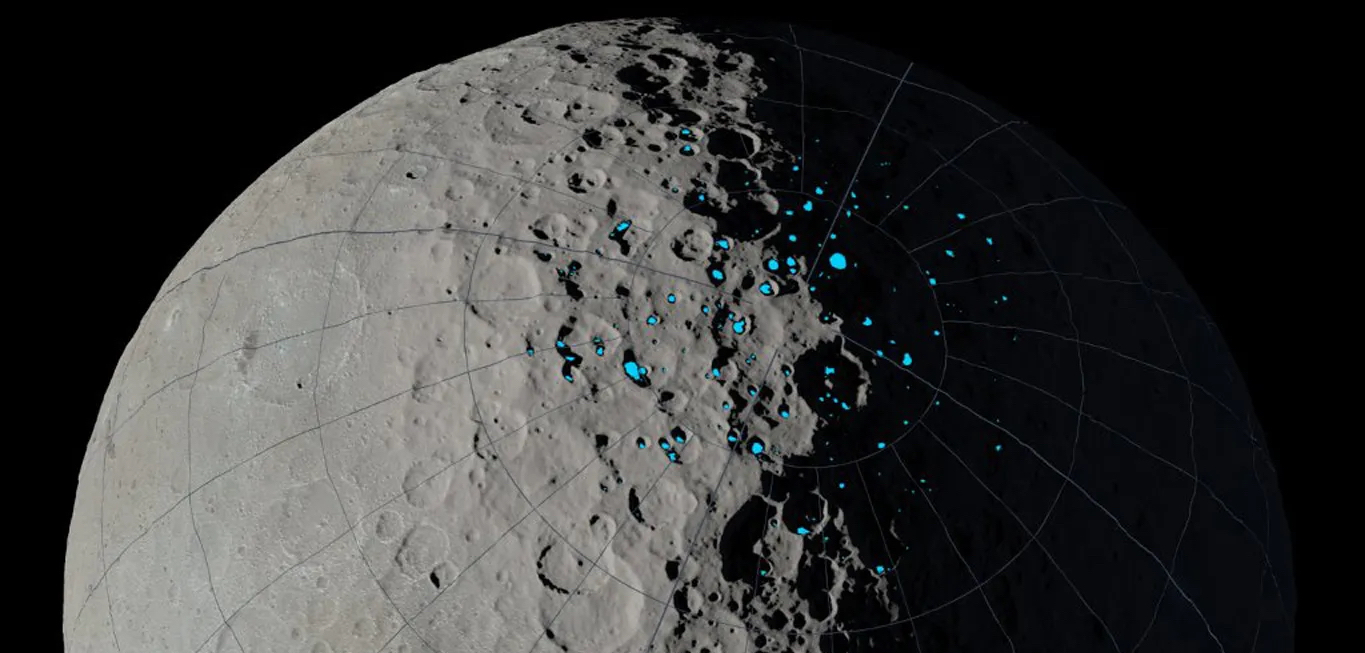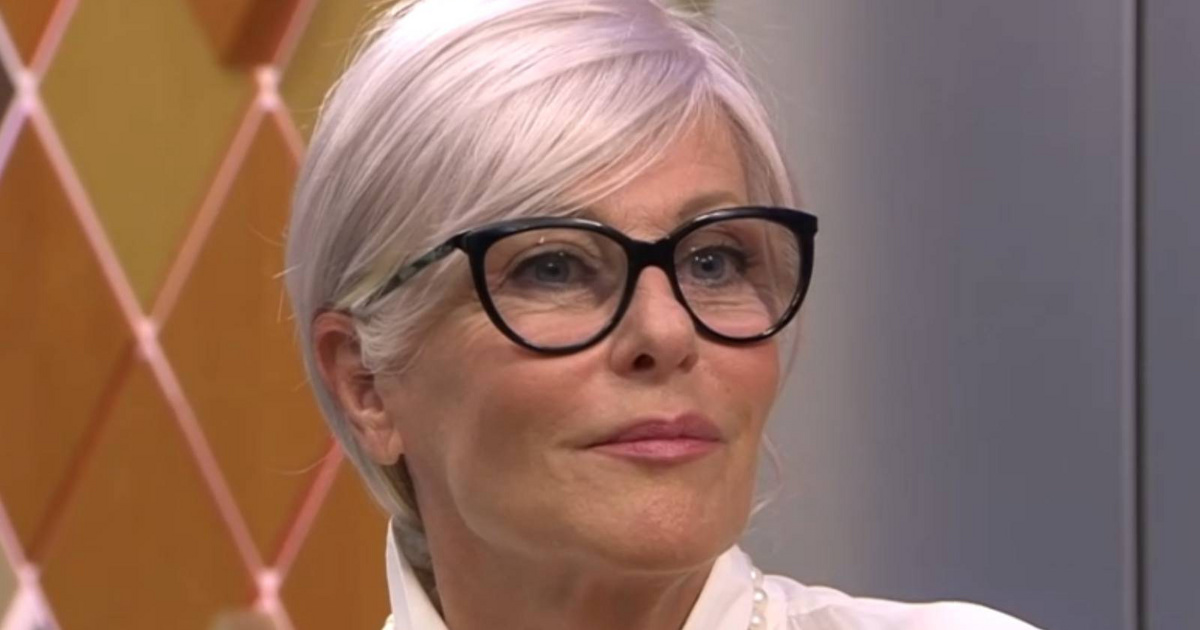One of the European Space Agency’s most important scientific missions, Ariel, investigates the atmosphere, nature, origin and evolution of exoplanets, the Minister responsible for space research confirmed on Tuesday, at the Space Mission Consortium meeting in Budapest, in which more than 220 people participated. have registered.
In addition to scientific research, Hungary is helping in the successful implementation of the mission by building tools, Ursulja Ferenc told public media before the meeting.
Another half a million stars have been mapped by the Gaia space telescope
The European Gaia space mission has published new scientific findings about our galaxy and beyond.
“The goal of the mission is to discover for the first time in human history whether there are traces of materials in the atmospheres of exoplanets that indicate the presence of some form of life there.“- reminded the Minister responsible for space research.
As he said, Hungarian researchers and engineers are also involved in the implementation of the international programme, including employees of the Konkölé Theg Miklós Institute of Astronomy of the Research Center for Astronomy and Earth Sciences HUN-REN, as well as ADMATIS Kft.
The consortium meeting in Budapest provides interested parties with a scientific overview of the Ariel space mission. Ursualia Ferenc said that with the help of London and other partners from international space agencies, researchers participating in the program will report on the results so far.
During its 4-year mission, the European Space Agency’s (ESA) Ariel science mission, which will launch in 2029, will observe 1,000 planets orbiting distant stars at visible and infrared wavelengths to study their formation and evolution. The science mission will measure the chemical composition and temperature of exoplanetary atmospheres for the first time, thus enabling planetary research beyond the boundaries of the solar system.
The brightest exoplanet known to date contains reflective metallic clouds
This extremely hot object, whose temperature sometimes reaches 2000 degrees Celsius, reflects eighty percent of the light falling on it from its star, and is located 260 light-years from Earth.
As part of the Hungarian contribution, ADMATIS Kft, as leader of the Hungarian team, will deliver equipment for the space telescope and equipment for Ariel’s construction and ground logistics missions. A special cooling radiator is also installed in the spacecraft, which precisely regulates the temperature of important instruments inside the satellite, usually the detector and electronics.
In addition, the Hungarians will prepare various assembly frames, positioners, and racks to be used for assembly in England from the equipment remaining on Earth, as well as three containers in which the space telescope will be transported overland across Europe. This ensures the right temperature and vibration-free environment for a satellite worth hundreds of millions of euros in clean room conditions.
The contribution of government-supported galactic instruments through PRODEX payments sent to ESA is professionally coordinated by Robert Szabo, Director of the Konkoli Thej Miklos Institute for Astronomy of the Astronomy and Earth Sciences Research Center HUN-REN, according to background materials released. For the event.
The existence of four new exoplanets has been confirmed using the European Space Agency’s Cheops Space Telescope
The four outer planets revolve around the four stars of the Milky Way Galaxy, and their size ranges between the size of Earth and Neptune, and they orbit near their star closer than the orbit of Mercury to the Sun.
Hungarian researchers also participate in scientific working groups. In addition to examining the atmospheres of exoplanets, these efforts aim to better understand the work and activity of the parent stars of the respective planets, and to compile, improve and complete the target list.
The Arielt Development Consortium includes 600 researchers and engineers from more than 50 institutes in 16 ESA member states – the United Kingdom, France, Italy, Poland, Belgium, Spain, Austria, Denmark, Hungary, Portugal, Ireland, Czech Republic, Netherlands, Norway. Sweden and Estonia are members, and NASA, JAXA and the Canadian Space Agency have also recently been confirmed to participate. Hungary has been part of the Ariel Union since the beginning of 2018.
The consortium holds quarterly face-to-face meetings where researchers and engineers discuss mission-related tasks, design and build the instrument cluster, prepare for science challenges, data management issues, compile the target list, and the day-to-day operation of the space mission.
The announcement said that Hungary had already hosted a virtual meeting of the alliance in 2020, during the coronavirus pandemic.
From now on, there are two outer planets called Komondor and Poli
In addition to exoplanet researchers from the Research Center for Astronomy and Earth Sciences (CSFK), experimental astronomers and amateur astronomers from the Svabje Observatory also participated in the work of the galactic naming committee.






